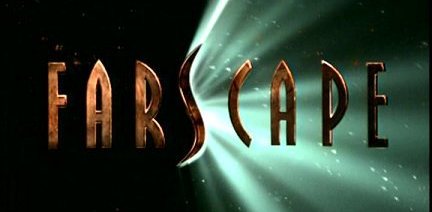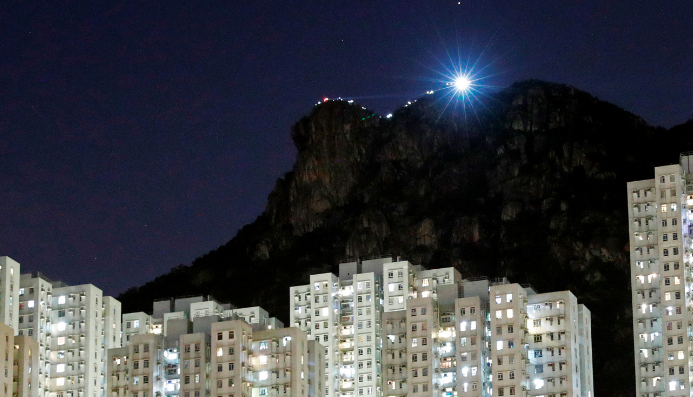In this season of love, every day this week I’m posting Valentines for the artistic inspirations for my novel, The Demon in Business Class. This is the first – see them all here.
In my profile on the Science Fiction Writers of America discussion boards, I declare that, between Star Wars and Star Trek, I choose Farscape.
This ridiculous, lurid, gorgeous, impossible show captivated me from my first stumbling on it near the end of Season 2 — and why not? Unapologetic and inspired melodrama, fantastic set designs, astonishing alien makeup, and a cheeky reworking of every other sci-fi show’s story clichés through absurdity and into flight, all delivered with hyperkinetic brio in Australian accents.
My inspiration, however, was the central romance between John, an Earth astronaut “shot through a wormhole” across the galaxy, and Aeryn, a fighter pilot exiled from a military dictatorship for her failure to capture John.
Messy and explosive by itself, the romance worked like that in a Greek myth, to give the show its skeleton — or maybe its gravity, as John and Aeryn’s unstably circling each other became a binary that drew the other story elements in. It showed me that my own early idea of an earthy romance between opposites in a fantastic setting really could work — especially if it first made life harder for both of them, not easier.
Farscape‘s fingerprints are all over my novel. Like John and Aeryn, Zarabeth and Gabriel had to be uprooted from what they know, and forced to think on their feet with only themselves to rely on. Zarabeth has John’s part: dogged, confident and somehow making it work despite hard knocks, slashing Occam’s Razor all the while. Gabriel has Aeryn’s part: occasionally able to rely on his experience, but mostly learning a new way to be — trusting. Both find each other in part because they’re the only ones like each other, a match that is correct but also feels desperate, which leads to doubt.
I also have to admit that Zarabeth’s demon isn’t too far off the translator microbes colonizing John’s brainstem.*
Twenty years since its airing, I see I’m not the only one to find my way by Farscape‘s light. The casinos, trading posts, and treacherous landscapes of the last season of Star Trek: Discovery looked very much like Farscape’s “uncharted territories.” The Mandalorian took criminal jobs to make ends meet, all the while guarding a power as great as John’s “wormhole knowledge,” and as sought after by another empire.
Maybe I’m not the only one choosing Farscape.
* Of course it’s all babelfishes, but we try.

